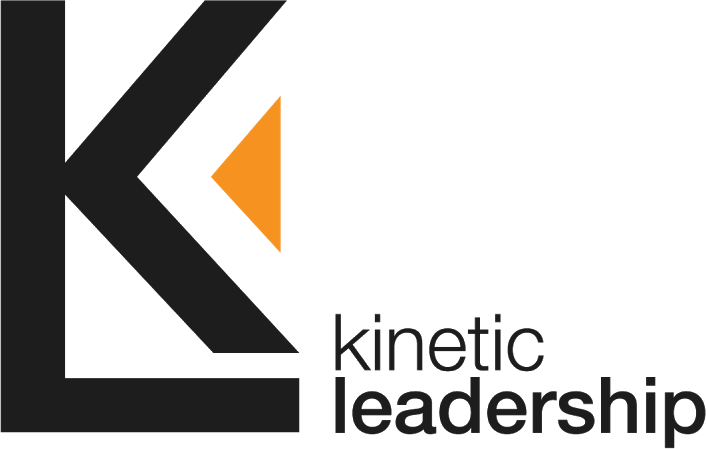Assessments
The results of the assessments play an important role in equipping leaders to improve the efficiency of their operations. The findings will also enable you to make quality strategic decisions.
- Organisational Culture Assessment
- Management Skills Assessment
- Organisational Leadership Assessment
- Employee Engagement Questionnaire
- Neurolink
- Insights Transformational Leadership
- Personality Profiles
- Personal Organisational Fit
- Measures the six dimensions of a company’s culture: Dominant characteristics, organisational leadership, management of employees, organisational glue, strategic emphases and criteria for success.
- Determines the current as well as preferred culture of your employees.
- Plots where your company is based on the four culture dimensions:
- Hierarchy culture: Ideal for organisations that have stable, efficient, highly consistent products and services.
- Market culture: Refers to companies that need to focus primarily on transactions with external customers, suppliers and regulators. The core values of this culture are competitiveness and productivity.
- Clan culture: Best suited for businesses where shared values and goals, cohesion, participation and a sense of “we-ness” need to permeate the company.
- Adhocracy culture: Essential for companies that have to respond to hyper-turbulent, ever-accelerating global markets where an innovative and pioneering culture is critical.
- What your company’s current culture mix is.
- Where your people want the company to be culturally.
- The type of culture most suitable to be successful in your industry.
- Which of the six dimensions need the most urgent attention.
- What leadership style is needed to cultivate the appropriate culture.
- What critical managerial competencies need to be developed.
- What values need to be instilled to promote the desired culture.
- What areas need more focus, development and training.
The results will:
- Determine on which of the six health levels does the company currently stand (from toxic to optimal).
- Highlight which of the six key leadership practices needs
- Show the perception gap between managers and workers in the six key areas.
- Reveal the level of job satisfaction amongst employees.
- Determine your level of readiness for change.
- Work environment/procedures: This factor looks at issues such as safety, cleanliness, remuneration, benefits and policies.
- Immediate supervision: This factor addresses the issues relating to the behaviour of the employee’s immediate supervisions. These include selection, recognition, development, trust, understanding and discipline.
- Team/co-workers: This factor examines the employee’s perception of their fellow team members when it comes to cooperation, shared goals, communication and trust.
- Overall company management: This factor explores issues relating to company initiatives and its leaders. It assesses the employee’s faith in the company’s mission and strategy, as well as the competence of the leaders themselves.
- Individual commitment: This factor evaluates the employee’s own sense of commitment to the company and its customers. It examines the individual’s pride in the company, likelihood to recommend the company to friends as a place to work, longevity of work commitment and desire to provide excellent service to customers.
- Discover your neurological design.
- Boost your mental agility.
- Accurately understand drivers that will optimise your potential.
- Identify drivers that will optimise your potential.
- Understand your seven different learning styles.
- Identify potential areas for human error.
- Understand your team.
- Manage yourself and others more effectively.
- Understand your unique communication style.
- Strengthen your self-esteem.
- Develop a leadership development programme with the power to transform your business.
- Help leaders to better motivate their teams.
- Understand leadership strengths and weaknesses to plan for higher levels of accomplishment.
- Understand your unique personality.
- Develop your interpersonal skills.
- Improve your communication.
- Foster better personal and professional relationships.
Using world-leading diagnostics, Insights Transformational Leadership explores all aspects of leadership development within the context of your business. We will guide your leaders through the eight dimensions of leadership, enabling them to design a personal, team and organisational continuous improvement plan.
Research has shown that success is the match between the experience and abilities of an individual and the task or job at hand in a given context or environment.
Shadowmatch is a smart system that enables you to recruit with precision and to develop new and current employees optimally for your specific environment.
“An organisation’s ability to learn, and translate that learning into action rapidly, is the ultimate competitive advantage.” – Jack Welch

